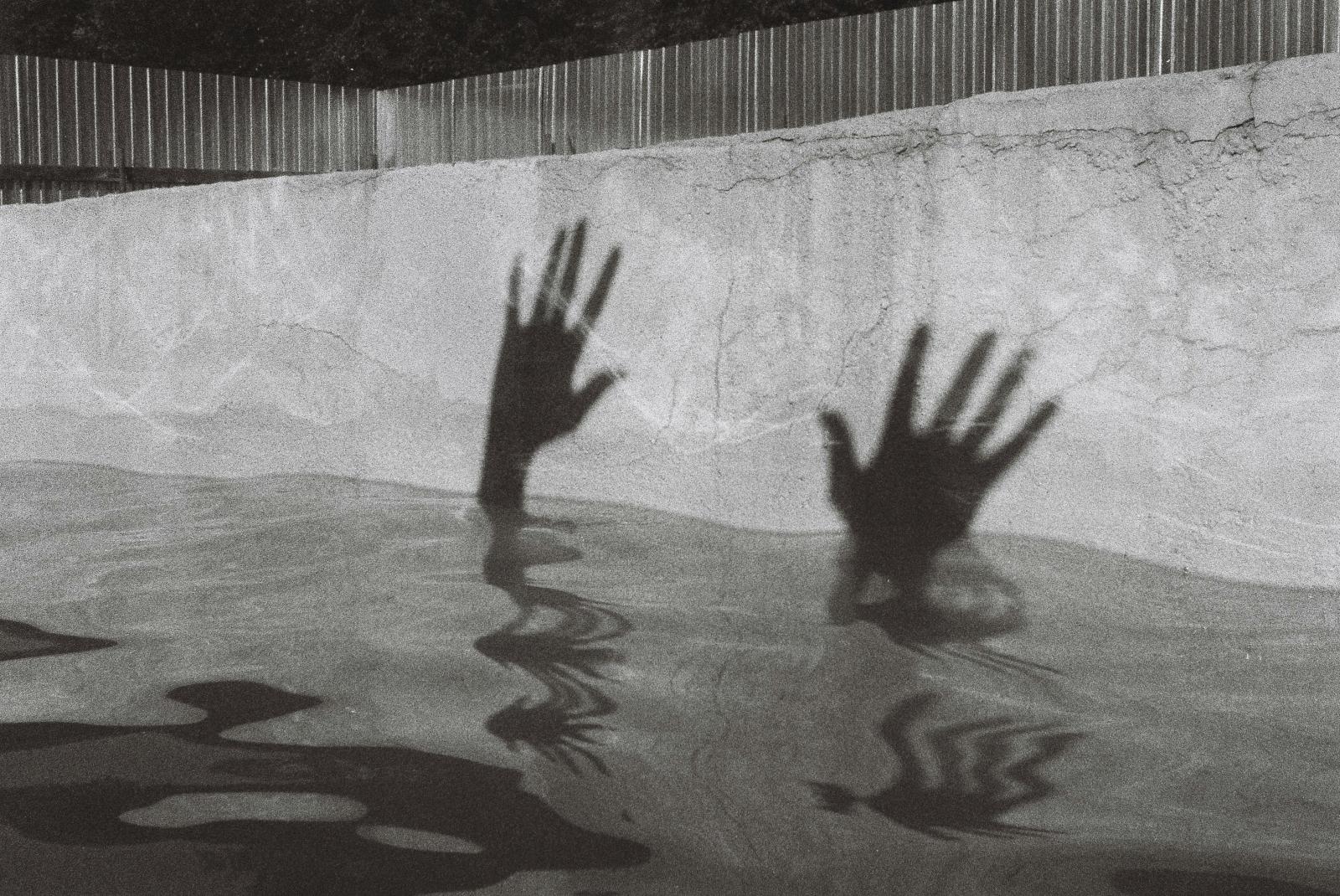Although the future of science in Europe is strongly debated, Horizon 2020 is still ongoing and the number of opening calls is increasing. In some countries, such as Denmark, scientists have already being trained to apply successfully for H2020 calls of proposals, while other countries seem to leave the initiative to individual researchers. In the Seventh Framework Program, Italian performances were good, but nothing more: we gave 13 percent of the 7FP budget, but reaped only 8.43 percent. This time could be better: yes, but how?
We talked about that with Lidia Seravalli, an Italian project manager specialized in European funding. After her graduation in International Relations at University of Florence and a master degree in anthropology in Paris, Seravalli began managing projects funded by the European Union, first for University of Venice, then for the Municipality of Venice and now for Enel Foundation.
Let’s go straight to the point: which are the most common mistakes in applying for a EU call?
Usually, one of the biggest mistakes happens before applying. Researchers try to fit their research project into an open call. On the contrary, the proper way should be to find a call that fit the research project. Another problem is the “do it yourself” activities: appliers often don’t involve funding specialists; as result, they are not able to translate accurately their technical requirements into economical terms. This stage is particularly difficult, as it could lead to undervalue or overestimate parts of the budget, and this could lead in not passing the EU examination. The core issue, after all, is to propose an appropriate budget.
What do you mean for “appropriate” budget?
A likely budget is a large share of the final decision, at the European level. Dealing with so many Countries, with so many different approaches, bureaucracies and traditions, the European evaluators have to find a common and fixed paradigm to evaluate projects. And budgets can help a lot about it. As evaluators will see timesheets and check over the years the activities of the appliers, it is fundamental not to cheat while drafting the budget. A correct estimation of the person-months ratio is crucial, and difficult: that’s why I suggest to involve in the research team a professional specialist in European funding. To draft an appropriate and likely budget means to have certain skills and a lot of expertise.
In your experience, what is the biggest problem for Italian appliers?
It is directly linked with what I said before: in order to estimate a proper budget, you have to know exactly the bureaucracy timing – an information often impossible to gain in Italy. In other words, usually Italian appliers undervalue the role of bureaucratic process into their applications. Moreover, Italians are seen with a particular watchful eye, as in the past some scandals had eroded our credibility in managing the EU funds.
Generally speaking, what are the parameters that evaluators consider the most?
As I said, a likely budget first. But, after all, a truly innovative project has a lots of chances to win. For “truly innovative” I mean something that is really brand new, with an accurate literature review and a correct state of the art. Therefore, I would say that, despite the bureaucratization of the process, merit is the key issue in applying successfully.
Any further suggestions?
My experience suggests one more thing: read the political documents that frame the research policies. They are long, boring and sometimes complex, but in those documents you can find the keywords and the political vision of the evaluators. It could seem a loss of time, but it will help a lot in the long run.


